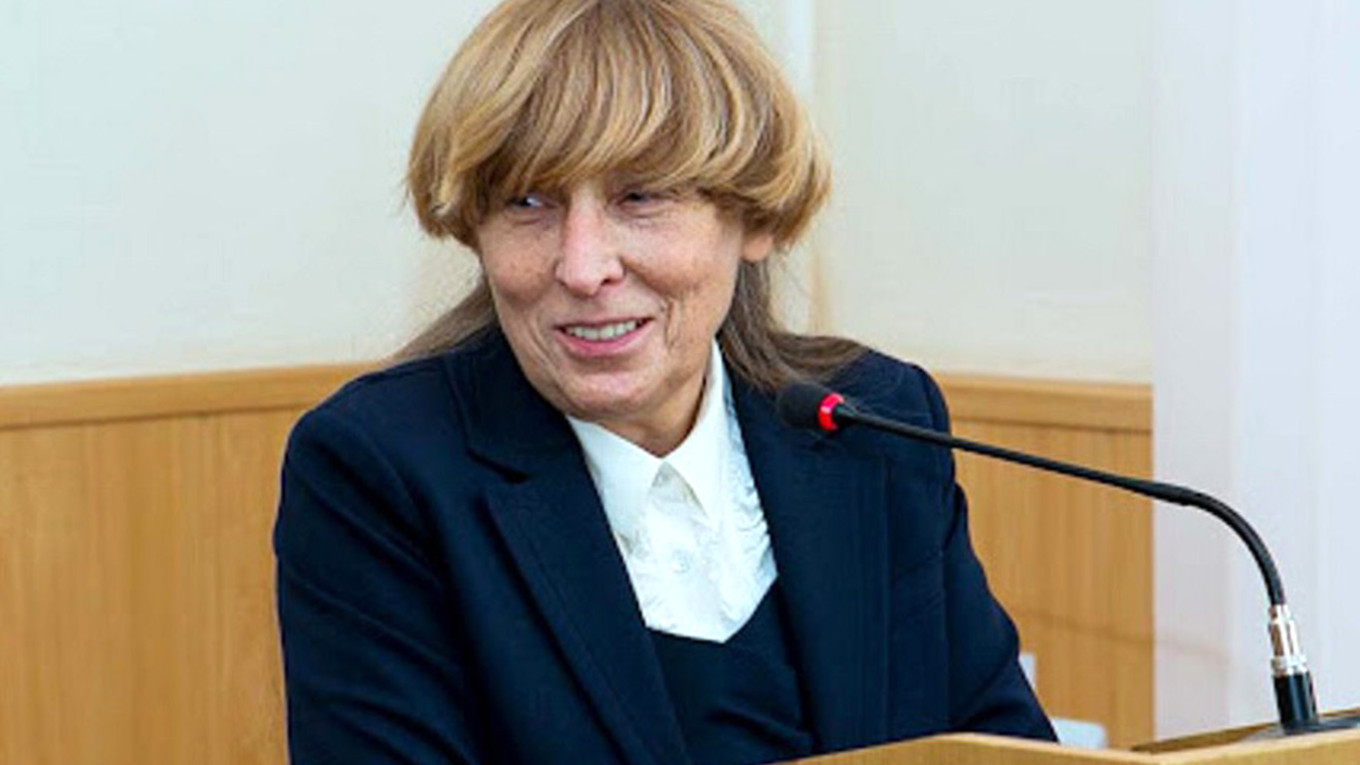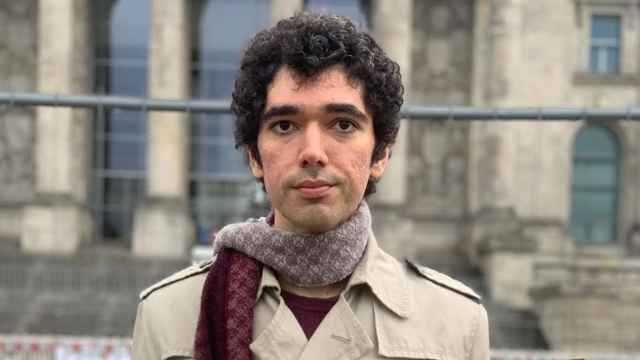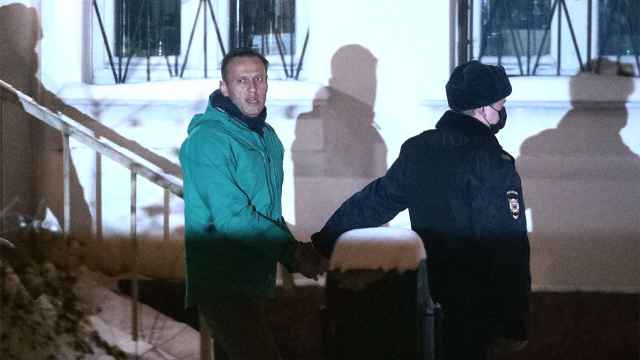Russian law enforcement authorities placed the wife of opposition figure Leonid Gozman under house arrest on allegations of trafficking cultural goods from Russia to Italy, media reported Thursday.
The independent newspaper Novaya Gazeta, citing a court indictment, reported that the “cultural goods” listed by authorities include “kitchen and household utensils” inherited by the Gozman family and seized by Russian border guards.
Marina Yegorova, 72, faces up to seven years in prison if found guilty of trafficking as part of an “organized criminal group,” according to the Kremlin-funded broadcaster RT.
Novaya Gazeta reported that the court indictment lists Gozman, Yegorova and the driver who brought her to the Russian border crossing as members of that “organized criminal group.”
A screenshot of Yegorova’s case shows that a Moscow court ruled to place her under house arrest on Oct. 4, and the ruling entered into force on Oct. 8.
Gozman, 73, has not commented on his wife’s case, but announced two days after the court ruling that he was suspending political and media activity “due to personal circumstances.”
Novaya Gazeta claimed Gozman, who has a home in Italy, made that decision because “his wife was taken hostage in Russia.”
In July, a Moscow court sentenced Gozman to eight and a half years in prison in absentia for criticizing Russia’s invasion of Ukraine. He denied the charges.
Russia labeled Gozman a “foreign agent” in 2022 and detained him for allegedly failing to inform the authorities about his dual Russian-Israeli citizenship. He was jailed for two consecutive 15-day terms over blog posts where he compared the Soviet Union with Nazi Germany.
Gozman left Russia in September 2022.
A Message from The Moscow Times:
Dear readers,
We are facing unprecedented challenges. Russia's Prosecutor General's Office has designated The Moscow Times as an "undesirable" organization, criminalizing our work and putting our staff at risk of prosecution. This follows our earlier unjust labeling as a "foreign agent."
These actions are direct attempts to silence independent journalism in Russia. The authorities claim our work "discredits the decisions of the Russian leadership." We see things differently: we strive to provide accurate, unbiased reporting on Russia.
We, the journalists of The Moscow Times, refuse to be silenced. But to continue our work, we need your help.
Your support, no matter how small, makes a world of difference. If you can, please support us monthly starting from just $2. It's quick to set up, and every contribution makes a significant impact.
By supporting The Moscow Times, you're defending open, independent journalism in the face of repression. Thank you for standing with us.
Remind me later.






